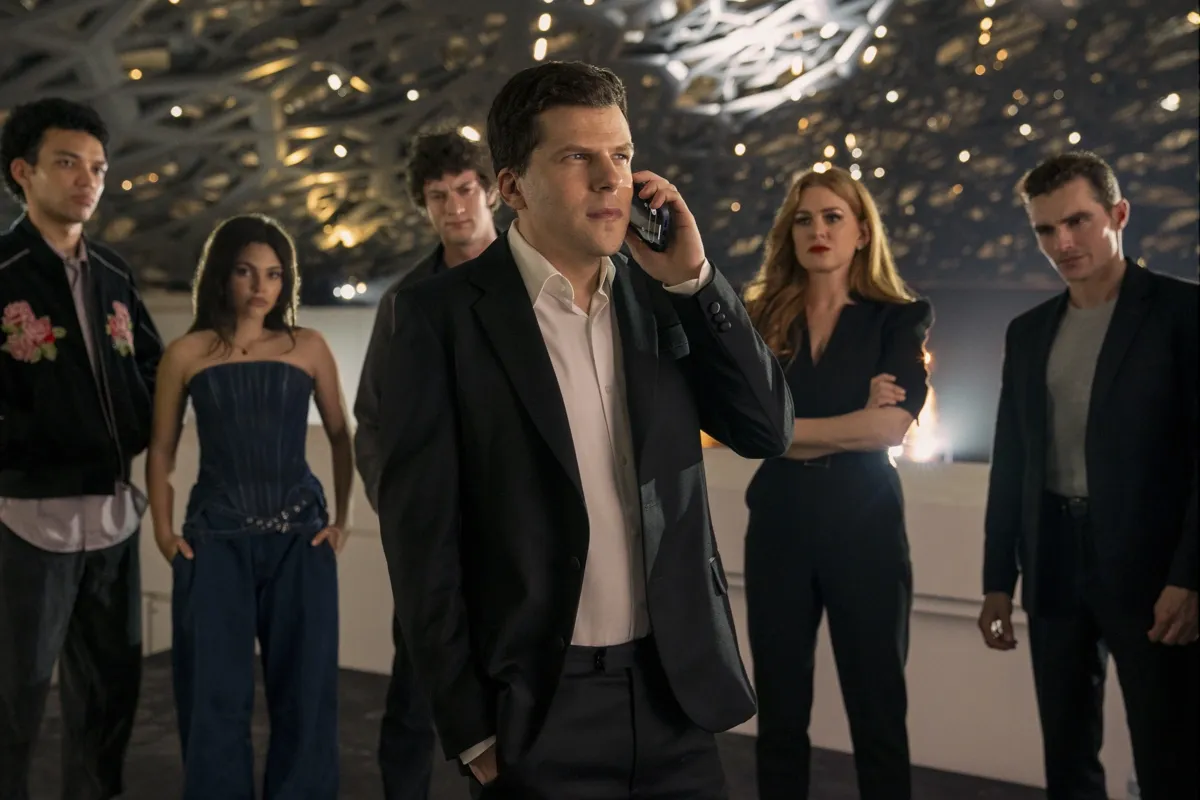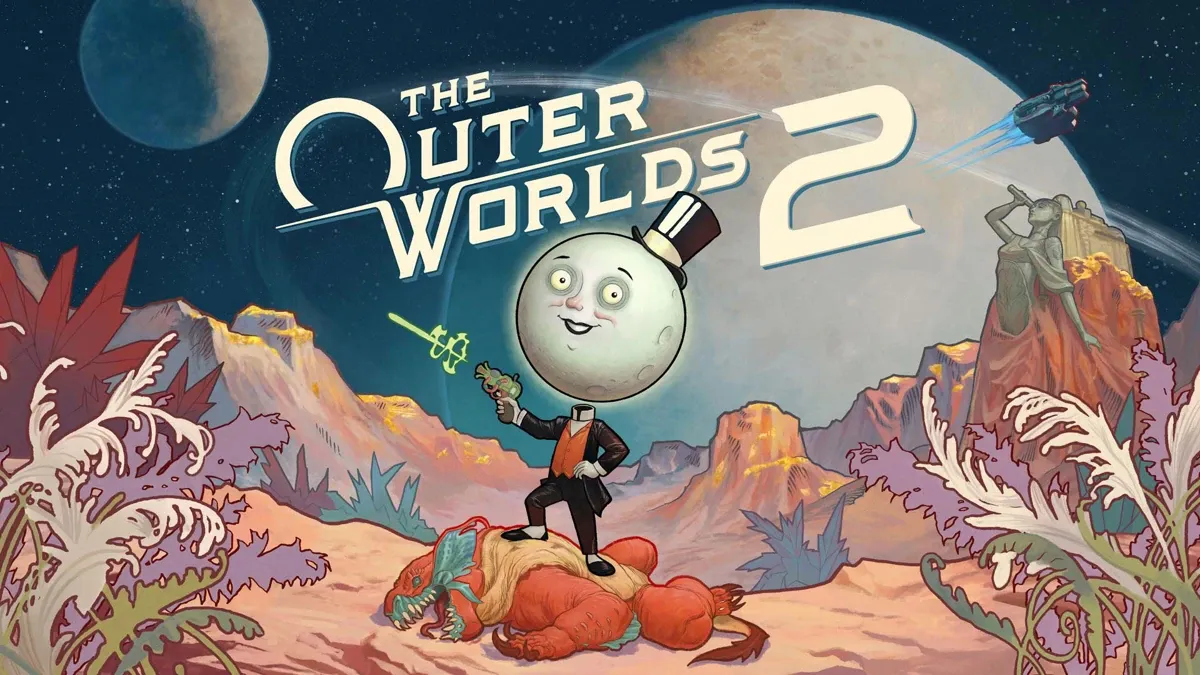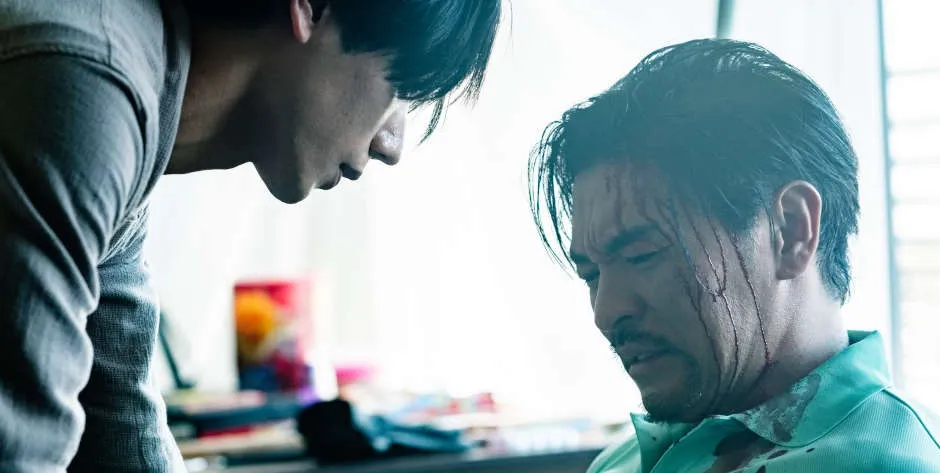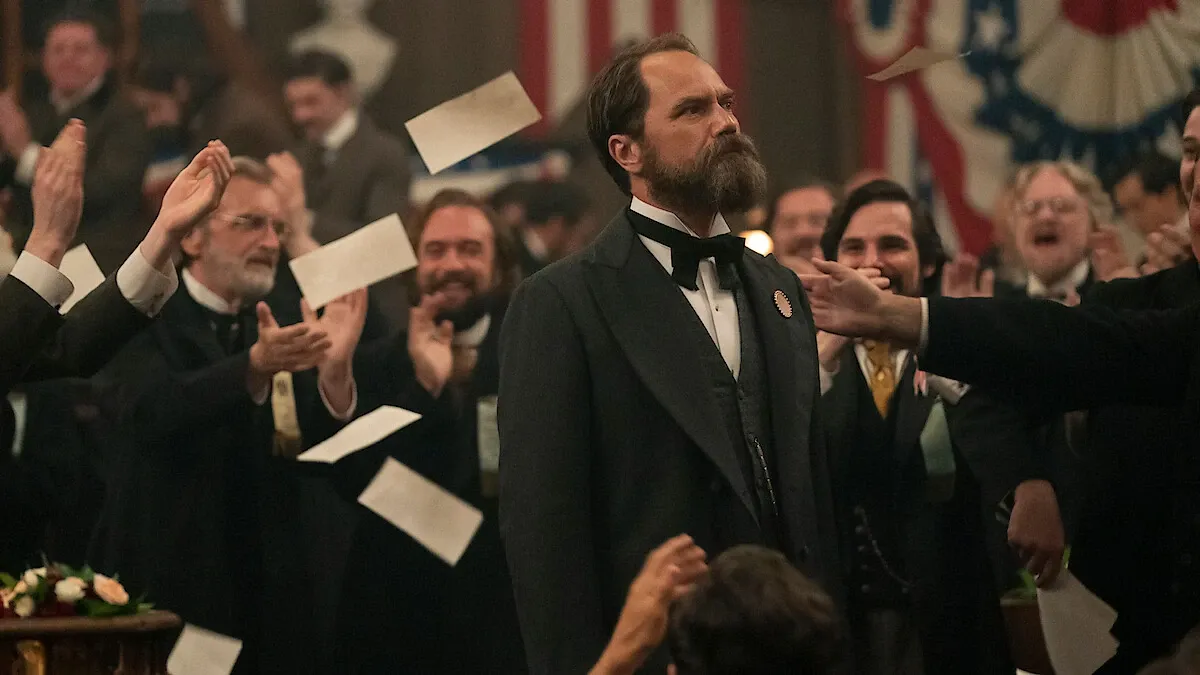We don’t learn.
That’s how COUNTERS, the powerful and earnest yet often directionless documentary from Korean-Japanese filmmaker Lee Il-ha begins. Following the clashes between Otokogumi, who believe a war against war is necessary to prevent the further rise of fascism; and the right-wing Zaitokukai, a virulent strain of racists harassing Korean-Japanese citizens at every turn. COUNTERS could take place in any part of the modern world and much would remain the same. Such is the poison of the right-wing and neo-nazism – the playbook stays the same though the territory changes.
At the center is the anti-fascism group led by Takahashi, a former Yakuza determined to fight against the Zaitokukai. This involves mostly violence. A troubled yet magnetic personality, Takahashi holds ties to right-wing influencers, maintaining them as a necessary evil. Riddled with contradictions, he is easily the most interesting character in the documentary, yet his depiction remains at the surface level. Understandably quiet about his past as a Yakuza, Takahashi has little to say about his motivations apart from punching Nazis. This is as good a motivation as any, but doesn’t really add to two hours' worth of material.
Much of the early footage follows Otokogumi (roughly translated as Men’s Folk) counter-protests against Zaitokukai. This is presented through boots-on-ground footage filmed with digital cameras and phones, making much of the material difficult to parse. A lot of the marches begin blurring into one another, and the middle bogs down without a sense of direction.
Leading the Zaitokukai is Makoto Sakurai. A self-proclaimed protector of Japan, he prefers methods like harassment and intimidation. These include declaring death to Koreans and chanting “Nanjing was just the beginning” at rallies. But compare his confused ramblings to any thug found in Finland and the similarities become apparent. There are only a few choice arguments they repeat ad nauseum, none of which hold any value.
In one of the funniest segments of the movie, Makoto arranges a debate with the mayor of Osaka. As he splutters childish insults, he orders the mayor to leave his sight. The mayor doesn’t budge. “This is a government building, making it my house. Leave Osaka while you’re at it, you’re not wanted here.”
It’s endlessly enjoyable and rewarding to watch.
Despite inserting themselves into the documentary, the filmmakers rarely push Makoto for answers. When they do it’s at best gentle prodding. Instead, they utilize animated prompts to ridicule his childish stances, but they feel petty and insignificant instead of incisive.
These methods are employed throughout the film. Animated characters will appear at random intervals to dispense either mockery or extended information. Heavily subtitled, much of the information is lost trying to juggle both at once. It would have been just as powerful to allow the subjects to dig their own graves. Especially since most seem highly proficient at it.
COUNTERS also suffers from being a victim of history. The fight against fascism isn’t finished, yet the victories are treated with a sense of finality. While after years of hard work, any win should be celebrated, it feels premature. This is naturally not the fault of the film itself, but a dispiriting reality we live in. Now more than ever a sequel feels necessary.
The most interesting material comes from the behind-the-scenes planning sessions and internal arguments. A revealing moment sees a group of educators sending students in traditional Korean outfits out in public. The students return shellshocked. They’ve never experienced hate like that, nor seen empty and spiteful eyes in others before. The act of racism is the denial of existence in others, their teacher ruminates. But how to effectively communicate that without violence in return?
In a moment of clever editing, two simultaneous arguments take place; one between Takahashi and his Otokogumi, the other with a group of educators hoping to find neutral ground through dialog. Neither party is wrong, and neither is fully right. While COUNTERS refuses to take a side in the argument, it presents both as objectively as possible. It's left for the viewer to decide how far the high road carries the fight.
Unsurprisingly Zaitokukai has allowed no such footage to be filmed, and their presence is limited to their impotent marches. Instead, the Otokogumi meetings are superbly revealing as they document conflicting viewpoints, political stances, and personalities through the years. There’s a deeply humane undercurrent in watching people put aside differences for a true greater good, and it’s where COUNTERS reveals itself to be a documentary worth watching.
We are stronger together, COUNTERS says. Only as a group can we effectively change blind hatred.
If that isn’t a message worthy of repeating throughout the ages, I don’t know what is.













